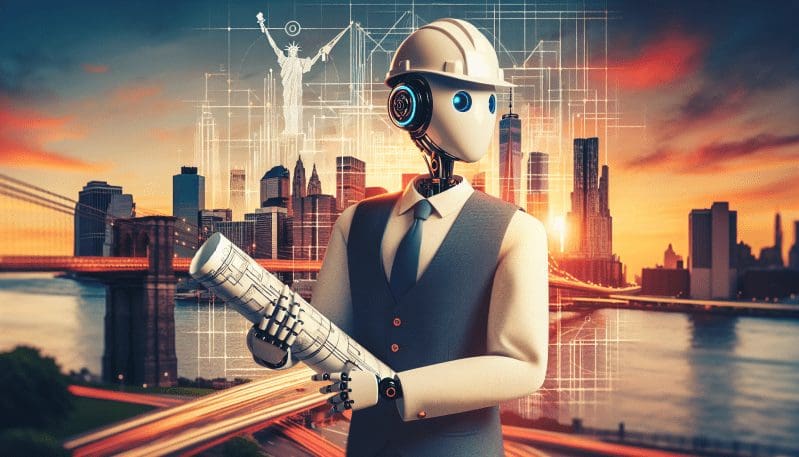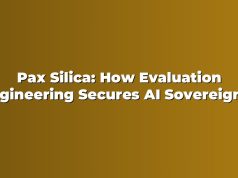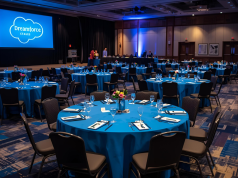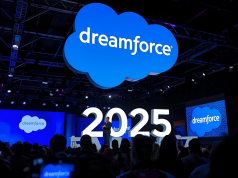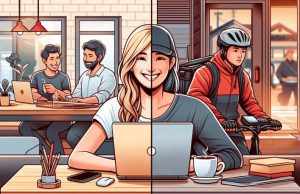As dawn breaks over the iconic New York skyline, a silent revolution is taking shape within its bustling streets and towering skyscrapers. Artificial Intelligence (AI) and automation have become the twin engines driving the city toward a future that many still find challenging to fully grasp. From the financial hubs of Wall Street to the tech incubators in Brooklyn, industries across the board are embracing these innovations, and with it, the roles and responsibilities of New York’s workforce are being redefined.
In the finance sector, AI’s analytical prowess is facilitating swifter, more accurate decision-making, transforming how analysts, brokers, and investors operate. Meanwhile, marketing firms are leveraging automation to craft personalized customer experiences at scale, changing the face of advertising and sales strategies. Even the revered halls of Broadway are witnessing a technological makeover, with automated systems controlling lighting and set changes, potentially redefining backstage roles and talent.
As these technologies advance, the question of their impact on employment becomes increasingly pressing. The debate over ethical considerations simmers, as society grapples with the reality of machines replacing human jobs. The fear of a jobless future, although overstated, brings forth legitimate concerns. How do we reconcile AI’s efficiency with the value of human labor?
Addressing these ethical dilemmas is essential. There needs to be a balance between harnessing the powers of AI and automation for economic growth and ensuring that workers are not left behind in the process. It is not just about protecting jobs, but about redesigning the social contract between employers and employees to accommodate the changing nature of work.
In this brave new world, the skill set required to thrive is evolving. As routine tasks become automated, soft skills such as creativity, critical thinking, and interpersonal communication are increasingly in demand. These are the skills that machines are yet light-years away from replicating.
For New York to remain at the vanguard of the AI revolution, investment in workforce development and education is paramount. Initiatives such as tech boot camps, AI literacy programs, and continuous learning opportunities pave the path forward for New Yorkers. It is about creating a resilient workforce that is adaptable, tech-savvy, and prepared for the jobs of tomorrow.
The city must also foster partnerships between educators, policymakers, and business leaders to shape curricula that meet the demands of an AI-driven marketplace. These collaborations can ensure a smooth transition for workers from declining industries to emerging fields. By proactive engagement, New York can set the standard for how to integrate AI and automation in a way that benefits all.
As we stand on the precipice of change, New York’s narrative is being rewritten by the algorithms and machines that will define this century. It is a story that demands attention, preparation, and most importantly, participation from all sectors of society. Let us embrace AI and automation, not as harbingers of displacement but as catalysts for innovation and human advancement.
The revolution is not coming; it is already here, and The Work Times is committed to guiding New Yorkers through every step of this transformative journey.
















